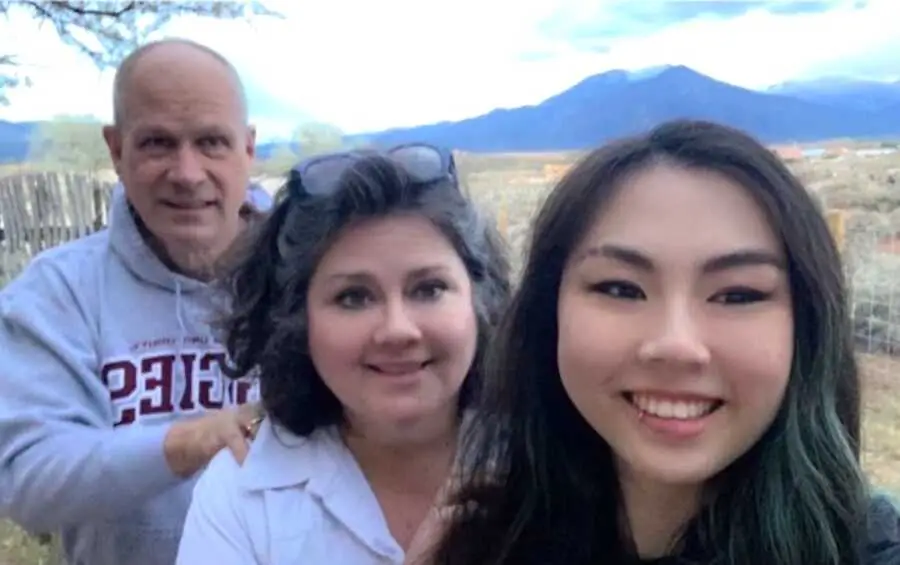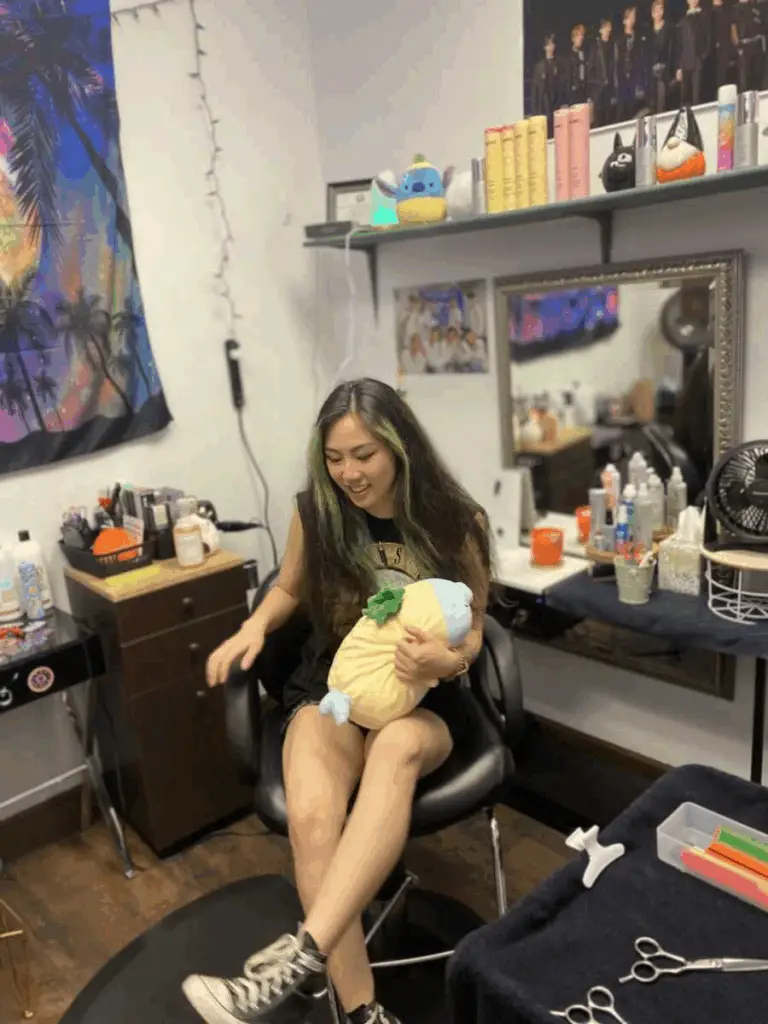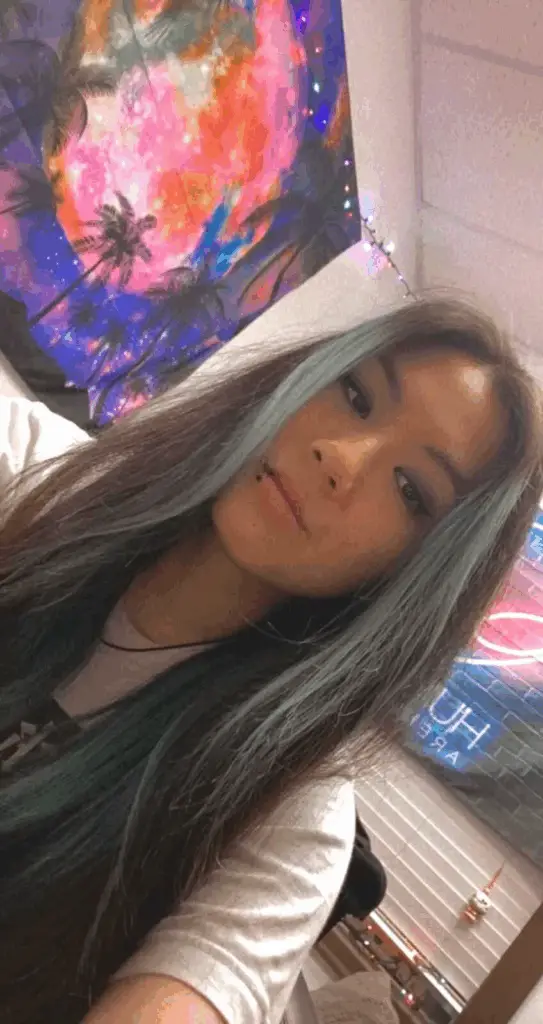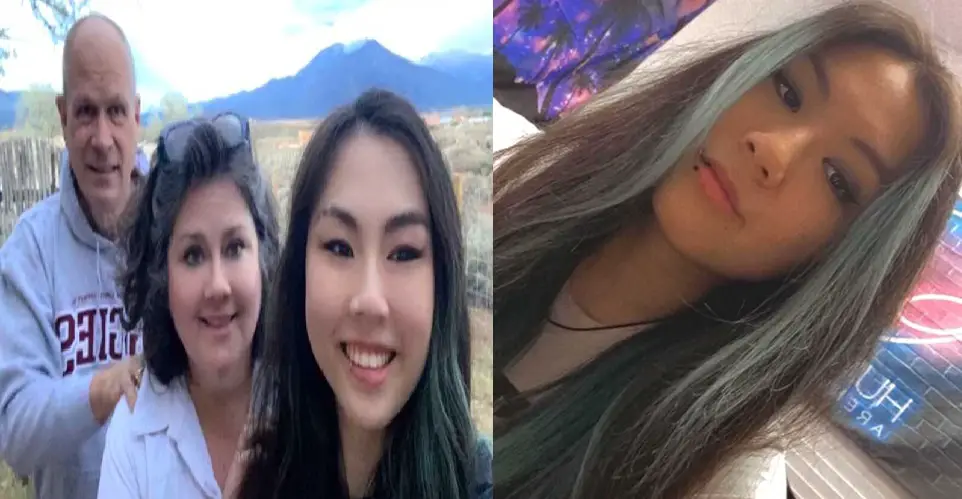Family, to Gracie, isn’t about the blood they share; it’s about the love that shows up and stays. And this is what families are supposed to do: stick with you, make you feel safe, and be your strongest pillar of support. Gracie describes herself first: a proud Chinese adoptee who loves telling her story. She was born in December, in the Sagittarius season, in Jingdezhen, Jiangxi, in Southeast China. Her life had been challenging since childhood because she spent almost a year in an orphanage, right after she was born.
After spending her first ten months in an orphanage, her parents flew to China in October 2000 to bring her home. From the start, they were open about her adoption, always saying how happy they were the day she joined the family. As a child, Gracie struggled with anything connected to China. She didn’t feel drawn to her birth culture and, for a time, pushed it away. That began to change when she met a Korean adoptee who had reunited with her birth mother and sisters. This is when her life began to change.

That friendship became a kind mentorship, showing Gracie a path toward understanding and pride. Later, meeting other Chinese adoptees helped her feel less alone and more confident as a Chinese American. Gracie often thinks about the family she may never know. She accepts that she will probably never meet her birth parents or learn their story. Even so, she carries a steady gratitude for them, for choosing a path they believed would give her a better life. She hopes they could somehow know she is loved and thriving.
Being adopted widened her world. She was born in one culture and raised in another, and that contrast taught her to notice and respect differences. She wonders sometimes: What if she had grown up in an all-Asian household? How would she see herself? These questions don’t trouble her as much as they open her mind. They make her curious about how other people experience the world and why culture shapes us the way it does.

Her family marks “Adoption Day” every year like a second birthday, the day their family became complete. They go out to eat, share cards and gifts, and celebrate the journey that brought them together. It’s a small, joyful ritual that reminds Gracie where she started and how far she’s come.
The truth, she says, is that adoption can feel like a roller coaster. There are days when she cries because she looks different from her family, and days when she forgets about adoption entirely while laughing on the couch with the people she loves most. Both kinds of days were real and valid. Her parents’ constant support has been a foundation throughout. Their steady love helped her grow into herself, and it’s part of why she now takes pride in her identity.

Gracie’s story was not about choosing one identity over another; it’s about holding both. She could love the family that raised her and still feel tenderness toward the family she may never meet. She could embrace American life while learning more about Chinese roots. She can move through grief and confusion and still end up with gratitude. That mix of questions and answers, loss and love, makes her story human.
In the end, Gracie’s message is simple and kind. She asks for respect for cultures, personal histories, and how families are made. She believes you build a family with care, not something defined by matching DNA. Most of all, she is thankful for the chance she was given, the people who chose her, and the life she is creating.











